Once Normal, Now Obsolete: 15 Experiences Kids Today Will Never Know
The world has changed dramatically in just a few decades, leaving behind experiences that once shaped daily life. From renting movies at a video store to recording songs off the radio, these once-common activities are now relics of the past. Here are 15 nostalgic experiences kids today will never know but older generations fondly remember.
Renting Movies from a Video Store
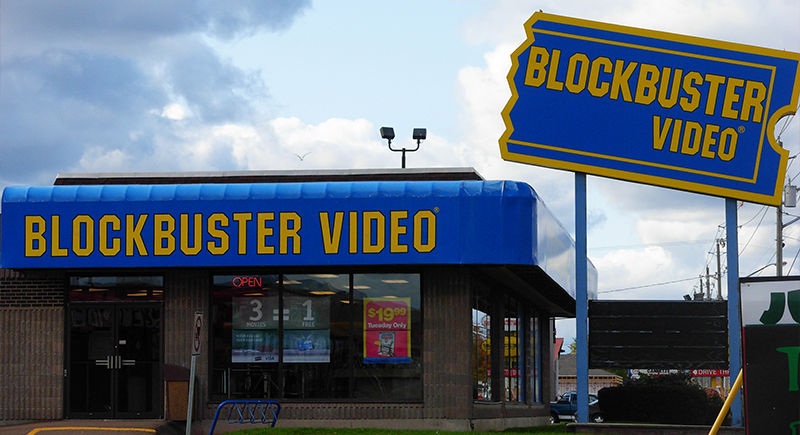
Credit: Wikimedia Commons
Video stores were once the heart of weekend entertainment, where families browsed aisles to pick out films. The thrill of finding a favorite movie, or disappointment when it was rented out, was a shared experience. Today, streaming services provide convenience but lack the charm of physically choosing your next watch.
Using a Rotary Phone
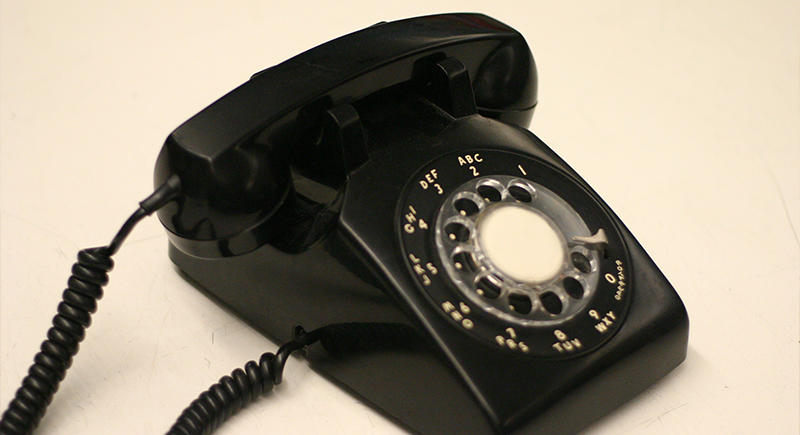
Credit: Wikimedia Commons
Rotary phones required patience and precise dialing, with every mistake demanding you start over. These sturdy devices, once a household staple, represented an era when communication took time and effort. Now, smartphones have replaced their slow but reliable functionality with instant connectivity and sleek design.
Listening to Music on Cassette Tapes
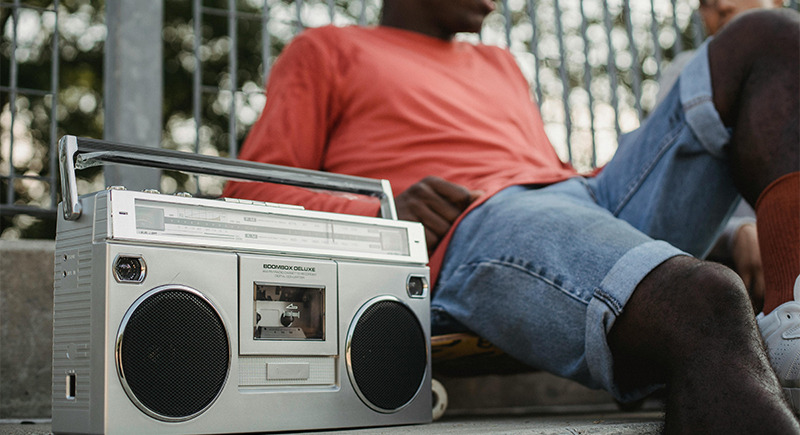
Credit: pexels
Cassette tapes offered a tangible way to enjoy music, but rewinding or fast-forwarding to find your favorite song tested your patience. Tangled tape and scratchy audio were frequent challenges. With digital playlists now providing seamless playback, cassettes remain a nostalgic artifact of an earlier generation.
Waiting to Develop Film Photos
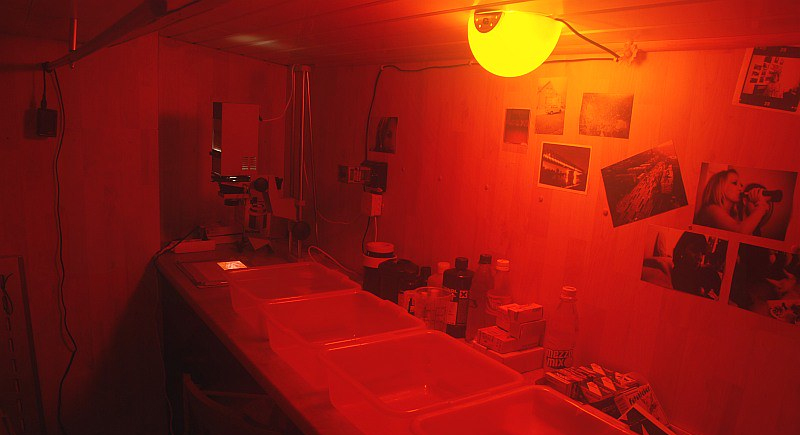
Credit: flickr
Taking pictures with film cameras came with an element of mystery—you never knew how they’d turn out until the prints arrived. Dropping off rolls for development and eagerly opening the results added excitement to photography. Instant smartphone photos have replaced this anticipation, making the process almost unrecognizable today.
Writing Letters by Hand

Credit: iStockphoto
Sending handwritten letters involved carefully selecting stationery and crafting meaningful messages. This slow, thoughtful method of communication often built stronger connections. Emails and texts may offer speed, but they lack the sentimental value and personal effort of receiving a letter written just for you.
Blowing into Video Game Cartridges
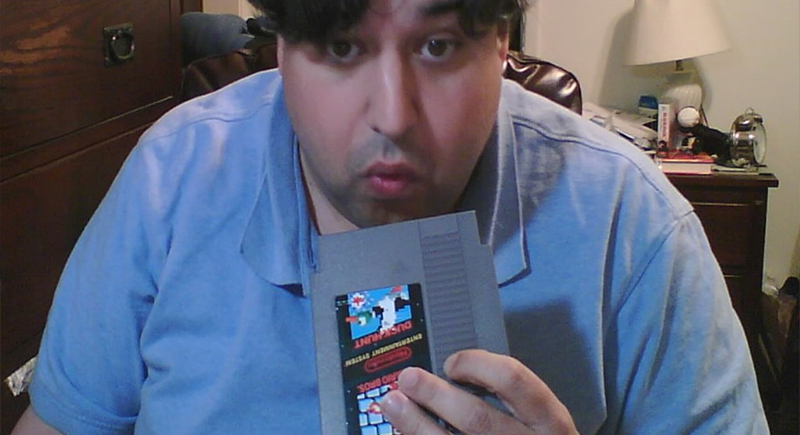
Credit: flickr
Early gamers often believed blowing into a cartridge could fix glitches, even if it didn’t always work. This quirky ritual became a shared habit among players of classic consoles. Modern systems with disc-free technology have streamlined gaming, eliminating the need for these improvised fixes.
Using a Payphone
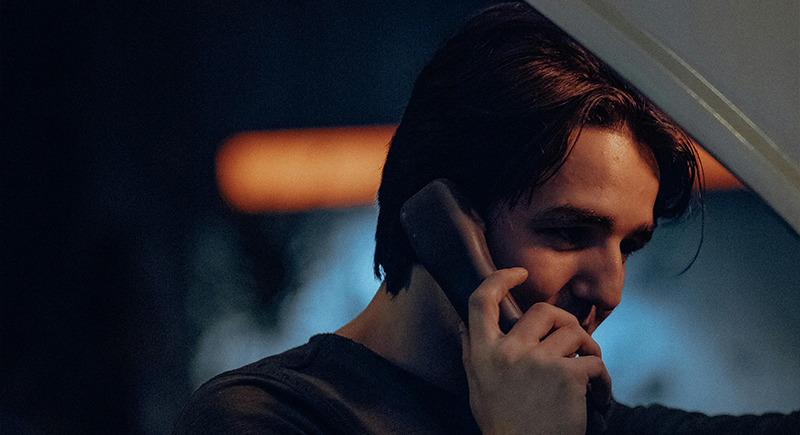
Credit: pexels
Payphones, once a common sight in public spaces, required users to carry change and often search through phone books for numbers. They served as lifelines in emergencies or quick check-ins. Today’s smartphones have rendered them unnecessary, leaving these booths as relics of a more analog era.
Watching TV Without a Remote
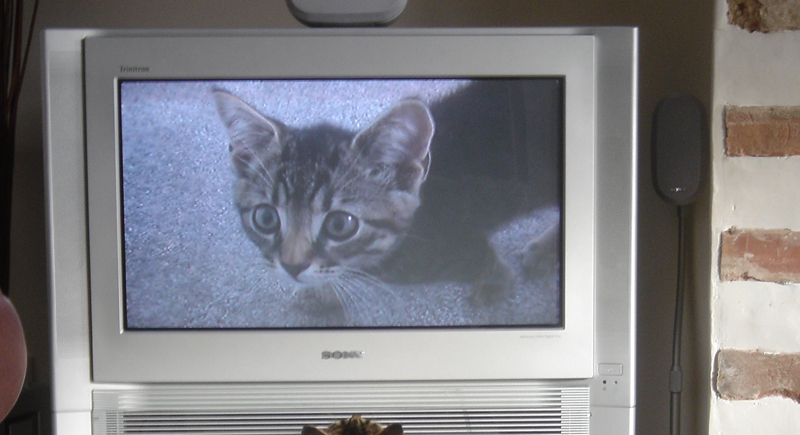
Credit: Wikimedia Commons
Changing TV channels used to mean getting up and turning a knob, often during your favorite show. Families frequently compromised on one channel to avoid interruptions. With remotes and voice-activated systems now standard, this once-common inconvenience is unimaginable to modern viewers.
Recording Shows on VHS Tapes
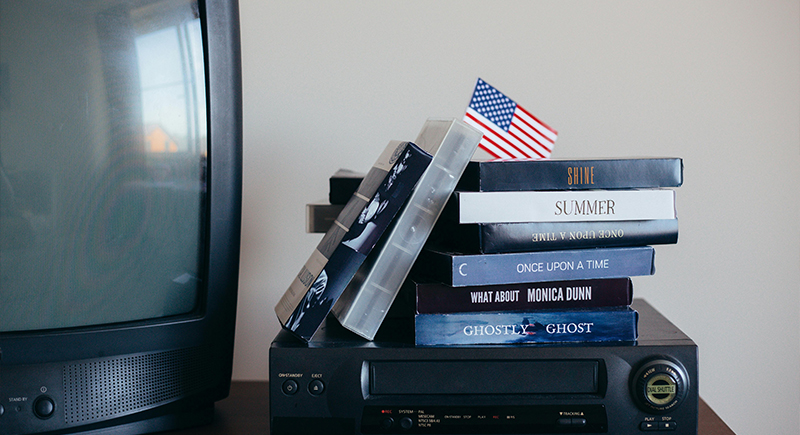
Credit: pexels
VCRs were the ultimate tool for saving shows, but they required programming skills and careful tape management. Missing a recording meant waiting for reruns. Today’s streaming platforms and DVRs allow viewers to watch what they want, when they want, with no need for physical storage.
Memorizing Phone Numbers
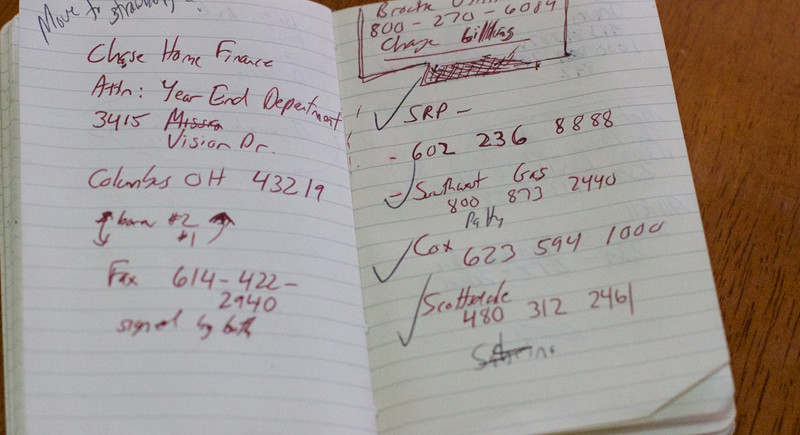
Credit: flickr
Before smartphones stored contact details, memorizing phone numbers was essential for staying connected. Forgetting a number often meant losing contact entirely. This skill, once vital, has faded as digital devices now handle the task effortlessly, making it rare to remember more than a handful of numbers.
Browsing Through Encyclopedias

Credit: pexels
Encyclopedias were the go-to source for school research, with thick volumes providing carefully curated information. Finding facts required flipping through pages and piecing together knowledge manually. Instant online searches have made these reference books unnecessary, replacing methodical exploration with quick, one-click answers.
Waiting for Dial-Up Internet
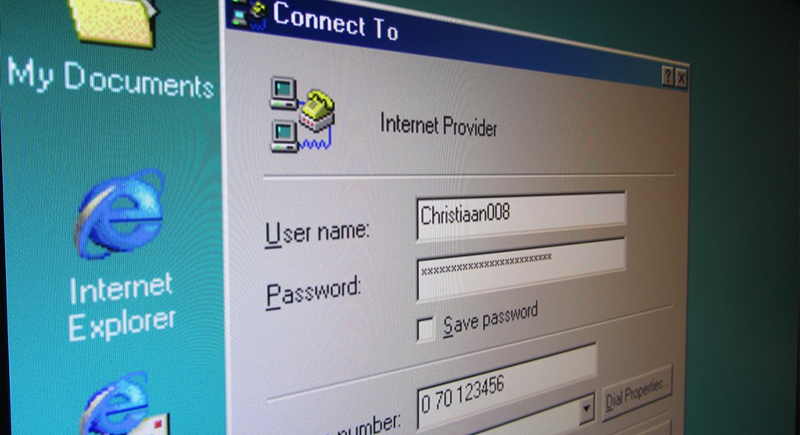
Credit: flickr
Connecting to the internet meant enduring the screech of a dial-up modem and painstakingly slow loading speeds. A phone call could interrupt your session entirely, adding to the frustration. High-speed internet and Wi-Fi have revolutionized connectivity, making these early struggles seem almost unbelievable today.
Sending Postcards from Vacations

Credit: pexels
Vacations were often marked by sending postcards, chosen for their vibrant images and handwritten messages. This thoughtful gesture took time and added a personal touch to staying in contact. Instant photo sharing has replaced this tradition, offering speed but losing the charm of a physical keepsake.
Using Paper Maps for Navigation

Credit: pexels
Road trips once involved unfolding and deciphering large paper maps to plot a route. Planning required focus, and finding the way demanded attention to detail. Today’s GPS systems provide real-time directions, ensuring travelers rarely experience the complexities of navigating with paper.
Taping Songs from the Radio
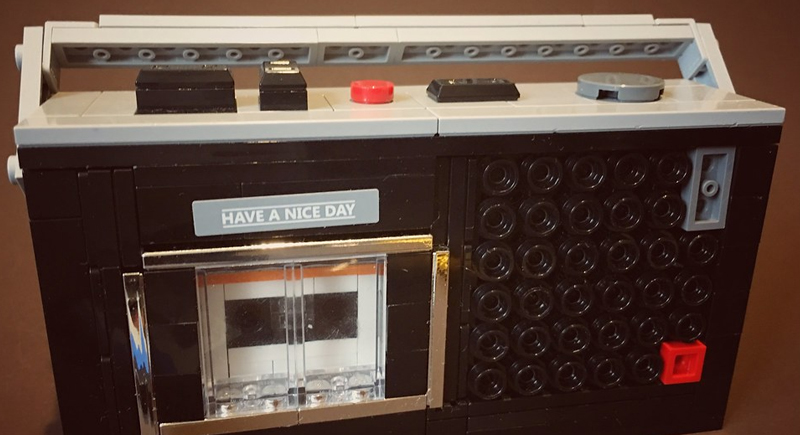
Credit: flickr
Creating a mixtape from the radio meant waiting for your favorite song to play and recording it with perfect timing. DJs or commercials often interrupted tracks, adding to the challenge. Streaming apps now allow effortless playlist creation, leaving this hands-on music-making method in the past.